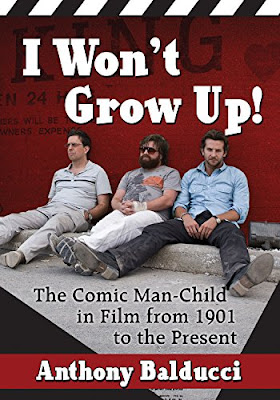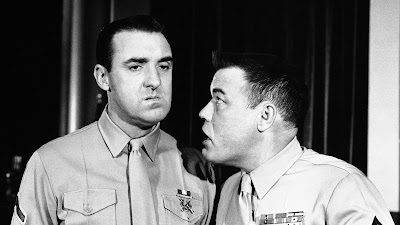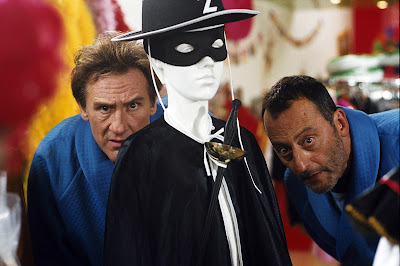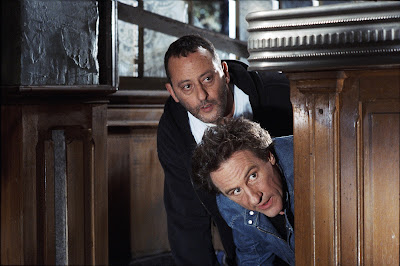Sunday, November 27, 2022
The Virtuous Man-child
Slaps for November 2022
The Bowery (1933)
I Covered the Waterfront (1933)
Exclusive Story (1936)
Nothing Sacred (1937)
The Trip to Tilsit (1939)
The Mortal Storm (1940)
That Hamilton Woman (1941)
Citizen Kane (1941)
Maisie Goes to Reno (1944)
Murder, He Says (1945)
Undercover Maisie (1947)
Three Secrets (1950)
Elopement (1951)
The Galloping Major (1951)
My Favorite Spy (1951)
Hammer the Toff (1952)
The Desperate Hours (1955)
Firefox (1955)
Deadlier Than the Male (1956)
The Apartment (1960)
The World of Suzie Wong (1960)
The Servant (1963)
The Great Gatsby (1974)
When She Was Bad (1979)
Home Alone 2: Lost in New York (1992)
Domestic Disturbance (2001)
Happily Ever After (2004)
Waitress (2007)
Rain Slideshow 3
Rain is a cinematic spice. How less dynamic would this scene from The Train Robbers (1973) be without the rain?
Or this scene from Casablanca (1942)?
-02a.png)
Sources:
Other Men's Women (1931)
Another Language (1933)
Forsaking All Others (1934)
Penrod and Sam (1937)
Canyon Passage (1946)
The Get Away (1941)
Casablanca (1942)
Going My Way (1944)
Two Mrs. Carrolls (1947)
Welcome Stranger (1947)
Sorry, Wrong Number (1948)
Tenth Avenue Angel (1948)
Elopement (1951)
The Galloping Major (1951)
The Last Time I Saw Paris (1954)
The Square Jungle (1955)
Reach for the Sky (1956)
Psycho (1960)
The World of Suzie Wong (1960)
The Family Way (1966)
A Touch of Class (1973)
The Train Robbers (1973)
The Evil (1978)
Just a Boy's Game (1979)
Cat People (1982)
Way Upstream (1987)
The Dream Team (1989)
Nobody's Fool (1994)
Grumpier Old Men (1995)
What Women Want (2000)
A Time to Remember (2003)
Raising Helen (2004)
A View of Love (2010)
The Women on the 6th Floor (2010)
The Great Gatsby (2013)
The Girl Who Believed in Miracles (2021)
Deep Water (2022)
Love's Portrait (2022)
Tidbits for November 2022
Let us start off this month with photos of Lloyd Hamilton
Billy Bevan in Shining Victory (1941)
Heinie Conklin (to the right) in Tenth Avenue Angel (1948)
Nazi spies engage in their morning calisthenics in Confessions of a Nazi Spy (1939).
dog mommy
Only Two Can Play (1962)
mud puddle
A mud puddle is often hidden in a comedian’s path.
Can't Help Singing (1944)
Canyon Passage (1946)
flea
Top Hat and Spuds Nose (1974)
water gag
Going My Way (1944)
quicksand
The Goat (1981)
split screen romance
Walk, Don't Run (1966)
Lazzi of Fear
Murder He Says (1945)
Salut Salon
I have recast a few films using Reface.
Jimmy Stewart as Captain Jack Sparrow in Pirates of the Caribbean (2003)
Oliver Hardy as John Wayne
Oliver Hardy as The Tin Man
Stan Laurel as Beetlejuice
















-04.jpg)
-09.jpg)






-07.jpg)


-02.jpg)
.png)
-01.png)
-02.png)
-04.png)
-05.png)
-06.png)
-01.jpg)
-01.png)
-02.png)
-03.png)
-04.png)
-05.png)














.jpg)
